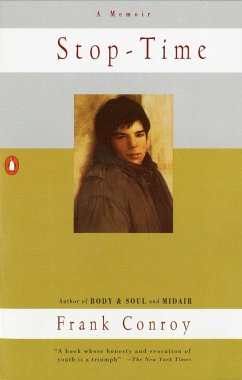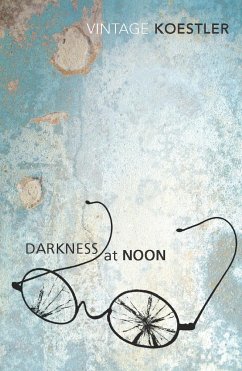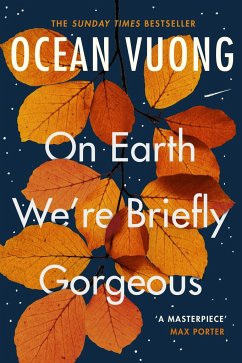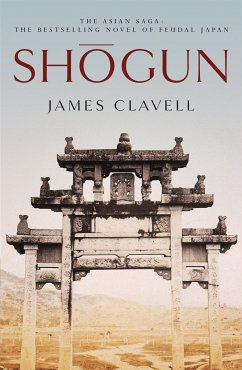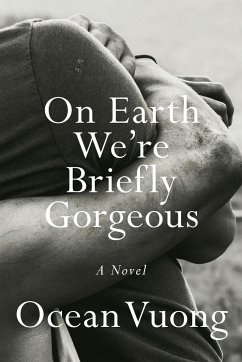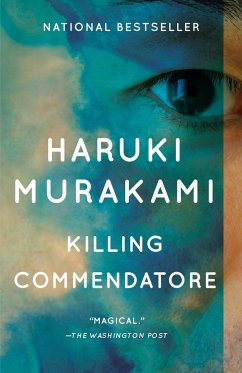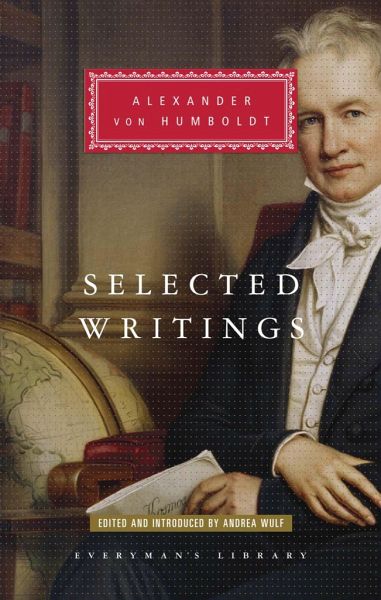
Selected Writings
Versandkostenfrei!
Versandfertig in 2-4 Wochen
23,99 €
inkl. MwSt.

PAYBACK Punkte
12 °P sammeln!
Humboldt (1769-1859) was an intrepid explorer and the most famous scientist of his age. His life was packed with adventure and discovery, whether climbing volcanoes in the Andes, swimming with crocodiles, racing through anthrax-infected Siberia, or publishing groundbreaking bestsellers. Ahead of his time, he recognized nature as an interdependent whole and he saw before anyone else that humankind was on a path to destroy it. He was one of the first European to study the Inca, Aztec and Mayan cultures and his epic five-year expedition to Latin America (1799-1804) prompted him to denounce slaver...
Humboldt (1769-1859) was an intrepid explorer and the most famous scientist of his age. His life was packed with adventure and discovery, whether climbing volcanoes in the Andes, swimming with crocodiles, racing through anthrax-infected Siberia, or publishing groundbreaking bestsellers. Ahead of his time, he recognized nature as an interdependent whole and he saw before anyone else that humankind was on a path to destroy it. He was one of the first European to study the Inca, Aztec and Mayan cultures and his epic five-year expedition to Latin America (1799-1804) prompted him to denounce slavery as 'the greatest evil ever to have afflicted humanity'. To Humboldt, the melody of his prose was as important as its content, and this selection from his most famous works - the Personal Narrative of his travels to Latin America, Cosmos, Views of Nature, Views of the Cordilleras and Monuments of the Indigenous Peoples of the Americas, The Geography of Plants and his anti-slavery essay in Political Essay of the Island of Cuba - allows us the pleasure of reading his own accounts of his daring explorations and new concept of nature. Humboldt's writings profoundly influenced naturalists and poets including Darwin, Thoreau, Muir, Goethe, Wordsworth, and Whitman. The Selected Writings is not only a tribute to Humboldt's important role in environmental history and science, but also to his ability to fashion powerfully poetic narratives out of scientific observations.



